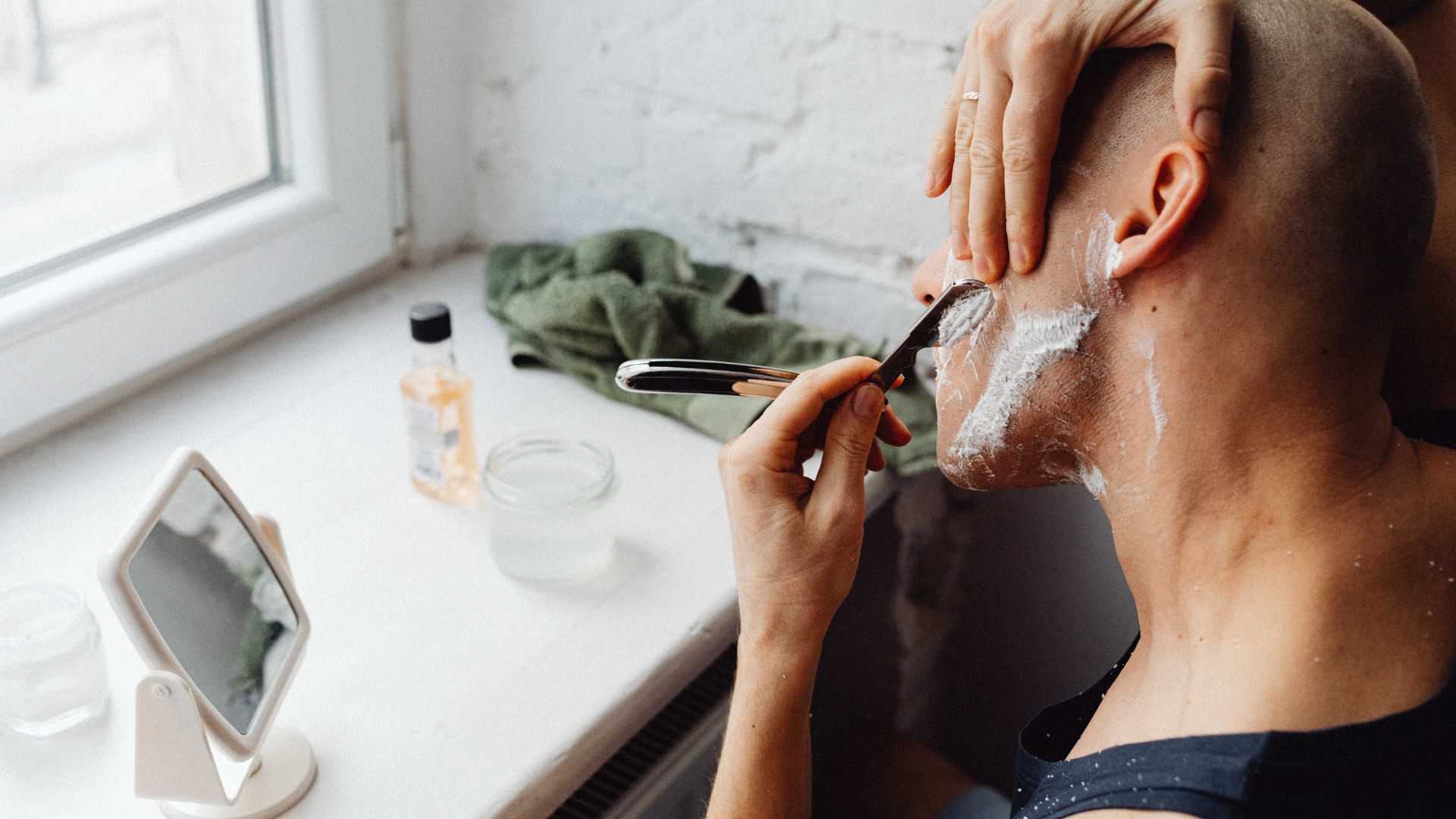Removing Body Hair in Islam: Three Categories:
Removing body hair in Islam is a recommended practice for both men and women, as it promotes cleanliness and hygiene in accordance with Islamic teachings. As humans, we have hairs on our bodies that we are prohibited from removing and we have hairs on our bodies that we are obliged to remove. and the third category is the hair that we are not told to remove, nor ordered to keep. so it is permissible for you to do whatever you want with that. so again, in Shariah, the hairs are divided into 3 categories:-
- Prohibited from Removing: Hair that is prohibited to remove, like a man’s beard.
- Obliged to Remove: Hair that has been directed to be cut off, such as armpit hair, pubic hair, and mustache extension that extends to the lips.
- Not Mentioned: Hair that we are not told anything about, like the hair on our hands, legs, chest, and back, maybe cut or may be kept, and Allah knows best about it all.
Removing body hair in Islam is a way to follow the Sunnah, which includes the actions and habits of Prophet Muhammad (SAW), who encouraged maintaining personal cleanliness and grooming.
For a man, it is a must that he does not remove his beard and not to come in contact or touch, pluck, cut, or shave his eyebrows. so this is okay understood, there’s no problem with that. the Prophet (SAW) has forbidden us from shaving our beards and he told us to go against the Jews, the Christians, and the fire worshippers and to keep it, to honor it, to grow it, etc. Now the women don’t have beards actually, but if they do, they are obliged to remove them because they are not allowed to imitate men, as men are not allowed to imitate women. By shaving it, women are also prohibited from plucking their eyebrows and there is an authentic Hadith in Bukhari and Muslim narrated by Abd-Allaah ibn Masood (may Allah be pleased with him) who said that the prophet had cursed the women who pluck their eyebrows and those who it is done for.
Abd-Allaah ibn Masood said: I heard the Messenger of Allaah (sal Allaahu Alaiyhi wa sallam) say:
“Allah has cursed the woman who does tattoos and the one who has them done, the woman who plucks eyebrows and the one who has it done, and the one who files her teeth for the purpose of beauty, altering the creation of Allah.”
(Bukhaari, Muslim)
Okay, this is Haram for women. what is obligatory to remove well for men and for women? they’re obliged to pluck the armpit hair and to shave the pubic hair. and this is part of the 10 characteristics of Fitrah, of nature which was reported by Mother Aisha (R.A.). Anas ibn Malik stated that the Prophet (SAW) told us, ordered us to remove these and not to exceed 40 days.
Also Read: Hair care in Islam: How to take care of hair in Islam
‘Ā’ishah (may Allah be pleased with her) reported that the Prophet (may Allah’s peace and blessings be upon him) said: “Ten practices are part of the Fitrah: Trimming the mustache, letting the beard grow, using the toothstick (tooth-stick), rinsing the nose, trimming the nails, washing the finger joints, plucking the armpit hairs, shaving the pubic hair, and washing the private parts with water (after answering the call of nature).” One of the narrators said: “I have forgotten the tenth; except if it was rinsing the mouth.”
Sahih/Authentic. – [Muslim]
Now having said that you can shave the Armpit if you wish, you don’t have to wax it, you don’t have to pluck it, and you could do the same with the pubic hair if you wish. and this is up to you but you have to remove it totally. the rest of the hair is permissible. so for women, they can remove the hair on their arms, and on their legs, no problem. Of course, they can’t remove the hair on their head, they cannot shave, this is totally prohibited. For men, it’s the same thing, they can remove the hair on the arms, on the legs, on the chest, and if they want they can shave or trim the hair on their heads. and Allah knows best.
We hope you learned something valuable about Removing Body Hair in Islam. This was all about Removing Body Hair in Islam (for men and women). Read more Islamic Blogs or follow us on social media for Islamic reminders.






